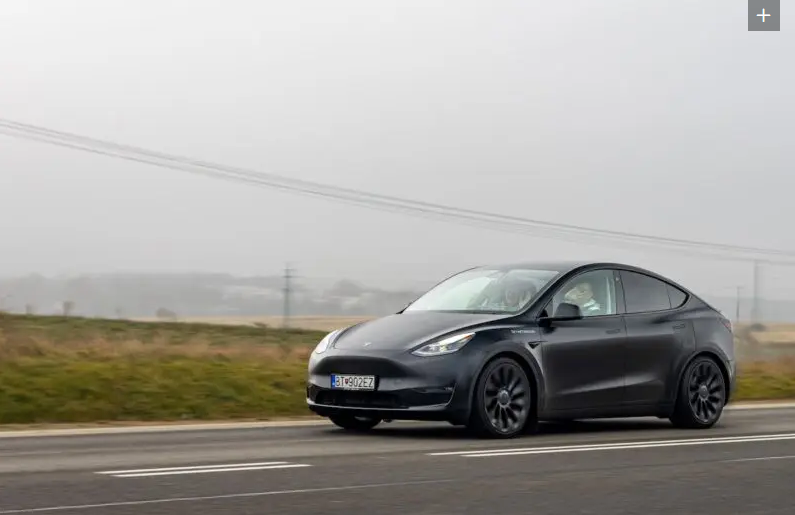
The Tesla Model Y continues to break records, this time becoming the UK’s top selling car for the first time.
The June numbers reported by the Society of Motor Manufacturers and Traders (SMMT) show 5,539 Tesla Model Y’s were sold in the UK in June followed by ICE vehicles Ford Puma with 5,453 and the Vauxhall Corsa with 4,146.
Overall, EV sales also grew significantly in the UK with 31,700 fully electric vehicles sold in June 2023, up 39.4% year-on-year from 22,737 in June 2022.
Interestingly Model Y sales in Australia were 21 units higher than the UK figure in June at 5,560 despite Australia having a population 2.5 times smaller than the UK. The Model Y leapfrogged the Ford Ranger into second spot on the top selling vehicles list for June in Australia.
Electric vehicle market share also hit another record in Australia reaching 8.8% in June, up from 7.7% in May. Including Model 3 sales, Tesla sold 7,018 EVs in June taking a staggering 64% of the Australian EV market.
The Australian and UK figures further cement Tesla’s dominant position in global electric vehicle sales after the EV maker reported earlier this week that it had smashed its own global quarterly production and sales records.
The world’s second largest EV maker BYD also hit record EV sales in June. The two largest EV makers results are in stark contrast with recent sales data coming from legacy automakers like GM, Volkswagen and Toyota.
This week GM reported that its EV sales were going backwards. The US auto giant sold just 15,652 electric vehicles in the second quarter of 2023, down from 20,670 in Q1 representing a drop in sales of 24%.
German auto giant Volkswagen too announced it’s cutting production of its EV models citing “strong customer reluctance”.
Comments from VW suggested that the demand problem was caused by reduced subsidies for EV buyers in Europe and the impact of inflation however these factors haven’t slowed Tesla sales growth suggesting VW’s problems lie more with their own models than an imagined general EV demand slump.
Toyota too produced just 8000 electric vehicles in the first half of 2023, making up just 0.19% of its total production as the company continues to send mixed messages about its future. Earlier this week new details emerged from Toyota’s recent general meeting in which one shareholder asked “Can Toyota beat Tesla?”
“I love BEVs.” came the response from executive vice president Yoichi Miyazaki.
Toyota’s love of BEVs doesn’t seem to be a monogamous one as chief scientist Gill Pratt continued Toyota’s confusing messaging saying “from a scientific perspective, the optimal strategy for dealing with diverse conditions is to prepare a diverse range of solutions.” It’s unclear how much longer Toyota can sustain flirting with multiple drivetrains.
With seemingly insatiable global demand for EVs, companies should be selling everything they can make. Tesla and BYD certainly are. If legacy auto companies like GM, Volkswagen and Toyota can’t even sell the small number of EVs they’re making now, how can they possibly expect to survive as the EV transition accelerates?